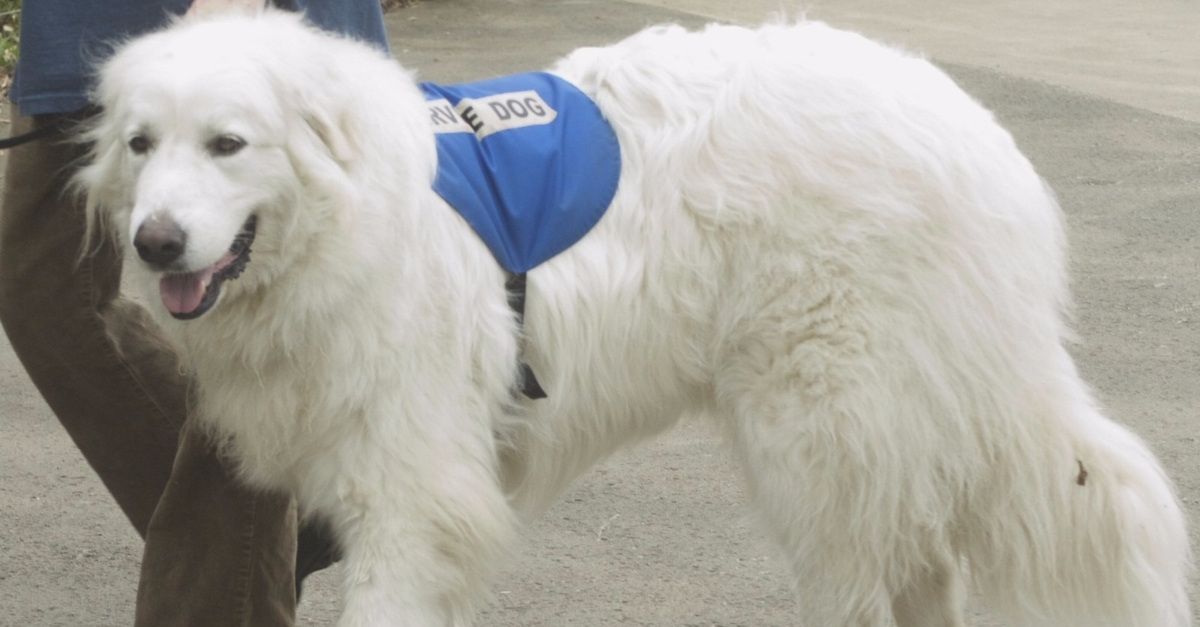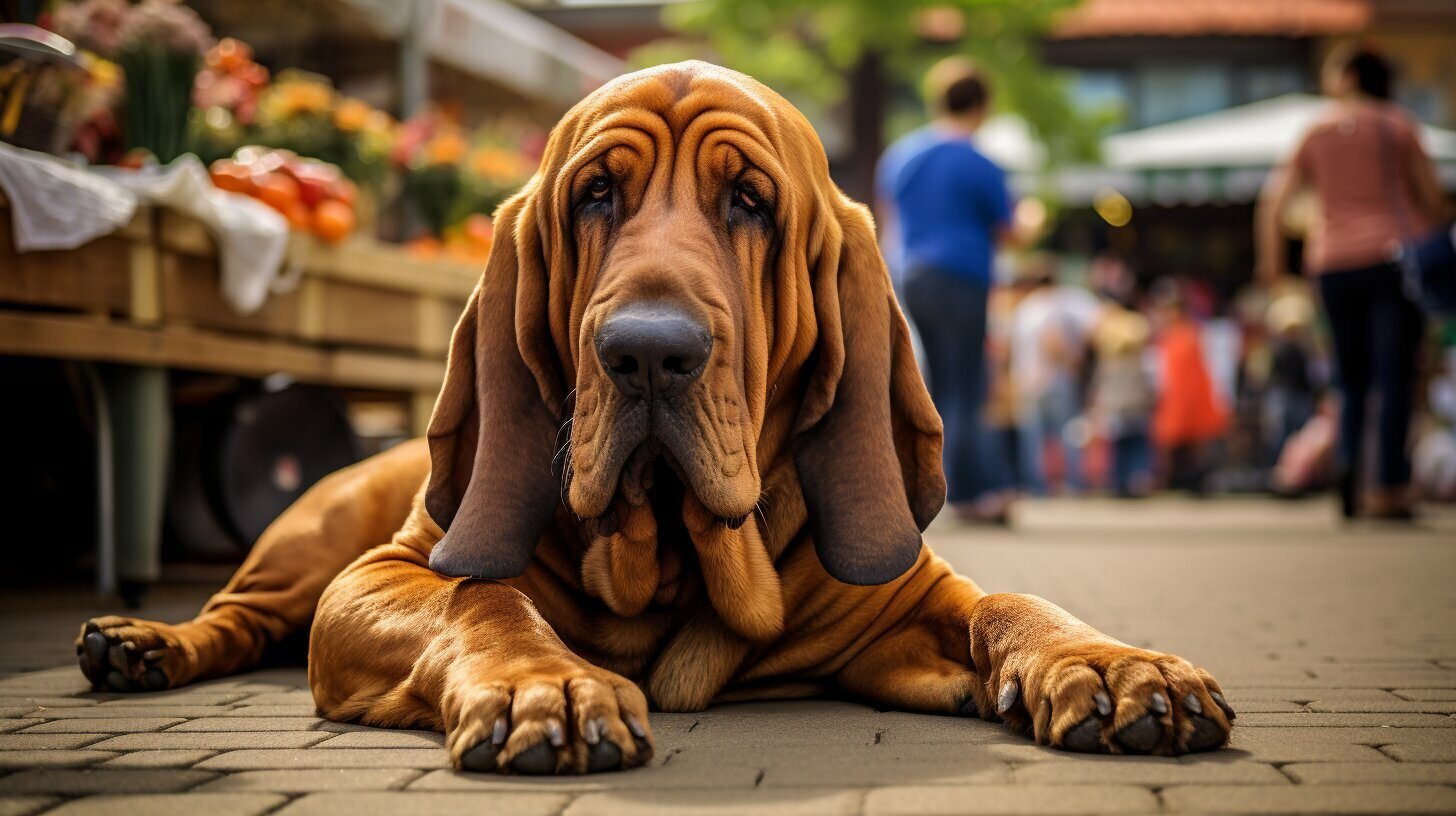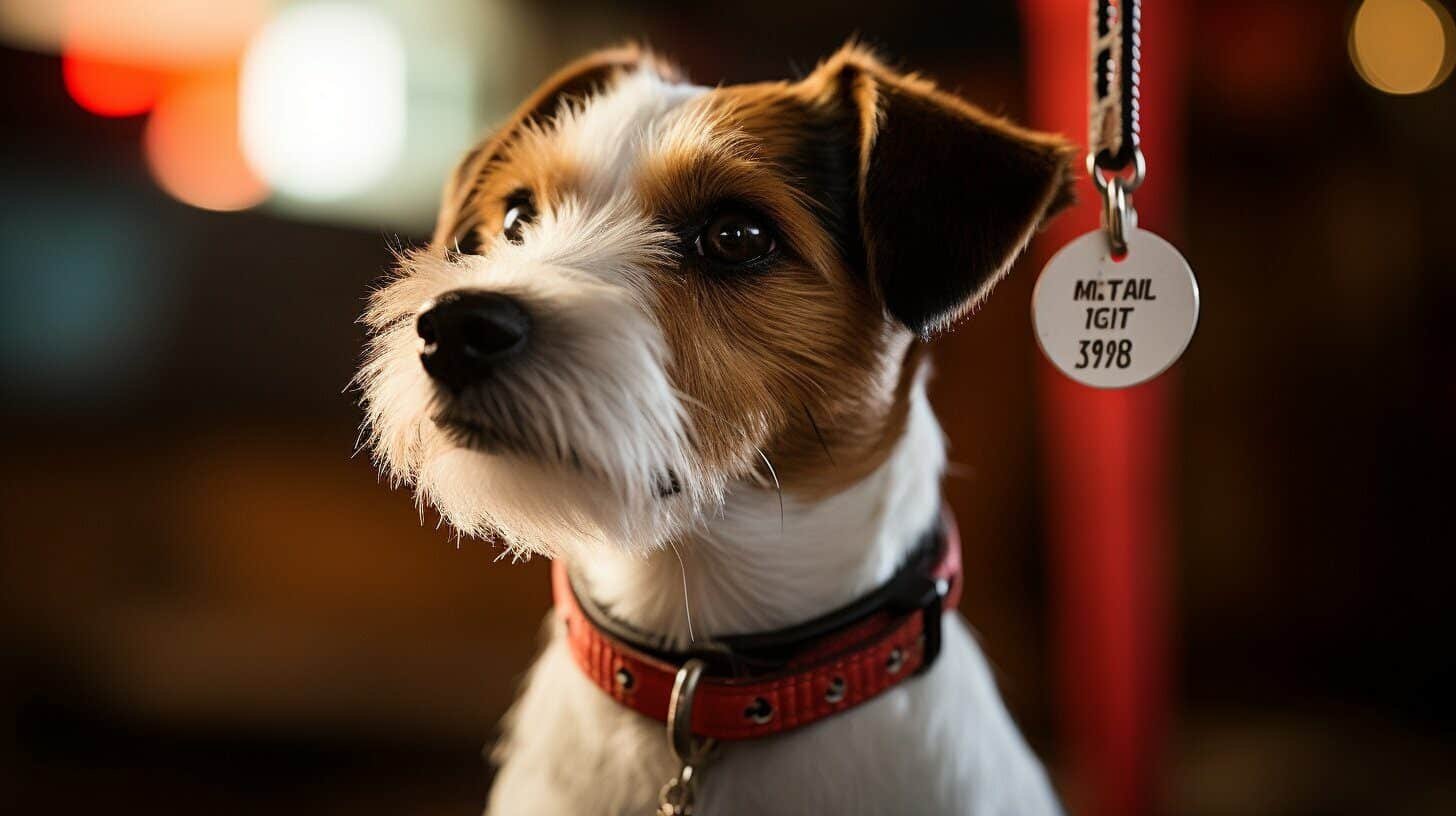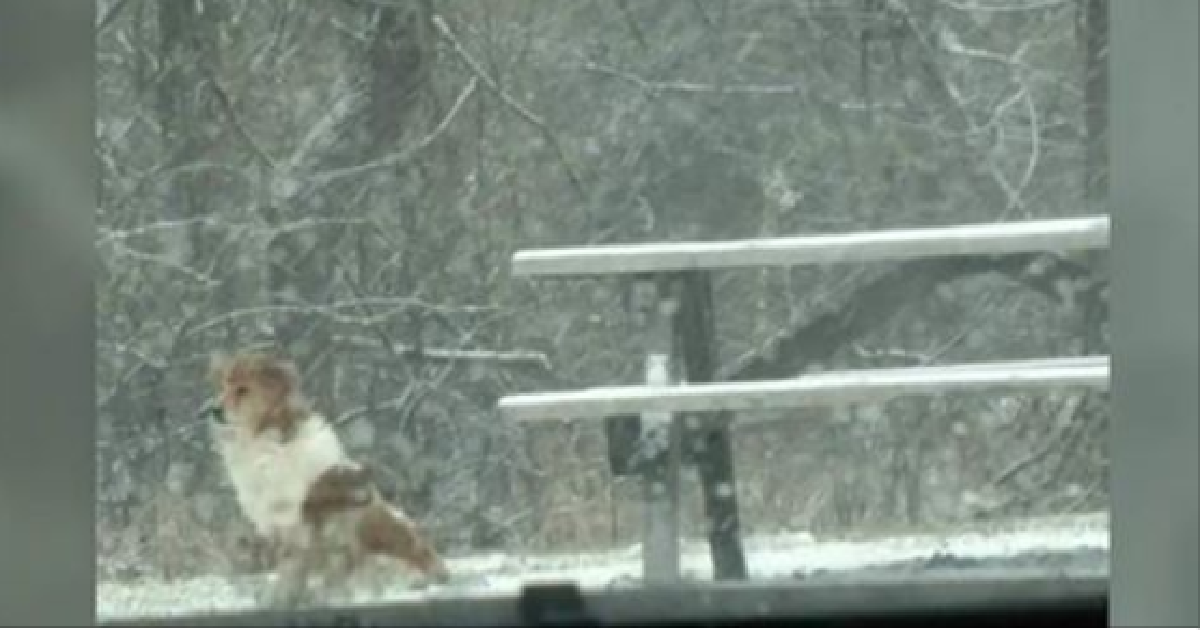Although service dogs provide the same warmth and companionship to their owners as ordinary pets, they are so much more. It is important to realize the key differences between a service animal and a family pet in order to respect the role they play, and to support their owners in living independent lives.
Here are some tips on how to be courteous and respectful when interacting with service dogs and their humans.
TALK TO THE HANDLER, NOT THE DOG
The best thing to do when coming into contact with a service dog, according to most handlers, is to pretend that the dog is not there. This does not mean ignoring the practical needs of the canine or the handler, but simply remembering that the dog is there to function as a medical device. Just as most wheelchair users would be a little put off if you addressed their wheelchairs rather than talking to them, service dog owners need to be seen as people first before you address their on-duty dog.
DON’T DISTRACT THE DOG
Additionally, working dogs need to concentrate, and too much attention from strangers could potentially distract them. It’s fine to ask the handler if the dog needs anything if the circumstances call for it, such as offering to provide a bowl of water on a hot day. However, approaching the dog without permission or making a fuss can throw the dog off its game and cause the handler unneeded distress. Never touch a service dog without express permission for the handler — and for good reason.
CURIOSITY MUST BE CONTROLLED
While it’s understandable that the sight of a well-trained and beautifully cared-for animal encourages people to ask questions, a service dog is a part of its handler’s life — not a novelty to be discussed at length. Most handlers are proud of their partners and will happily answer one or two sensible questions, but streams of questions about the animal are likely to get short shrift. If you are the twentieth person that day to ask about the dog, even one question may be too much, so do use discretion, and don’t be offended if the handler refuses to answer. And, as always, it is impolite to ask personal questions about the handler’s disability.
SERVICE DOGS GO ANYWHERE
Under federal law, service dogs are allowed in any public space, even without a certificate or license. This applies whether or not they are officially working or wearing their identification vests. There are exceptions if the animal breaks house-training or loses control but — aside from these unlikely scenarios — wherever the handler goes, the dog is welcome too. Service dogs come in all shapes and sizes, and it’s impossible to tell a service dog by breed or type. However, all service dogs undergo rigorous training, so their well-mannered, attentive behavior is usually the defining characteristic.
OFF-DUTY DOGS
Another important thing to remember about service dogs is that they have distinct on- and off-duty lives. When a service dog is off-duty, it is allowed to play and relax, and it will behave just like any other well-trained pet. Do not assume that a handler does not really need a service dog because the animal is allowed this relaxation time; after all, you wouldn’t like to work all day without a break either!
Treating service dogs and their handlers with the respect they deserve is as easy as it sounds and can make a huge, positive difference. Discover more ways of making life better by checking out The GreaterGoodness Site, and see how you can inspire someone today.
Be sure to “Share” this important information by clicking below!








